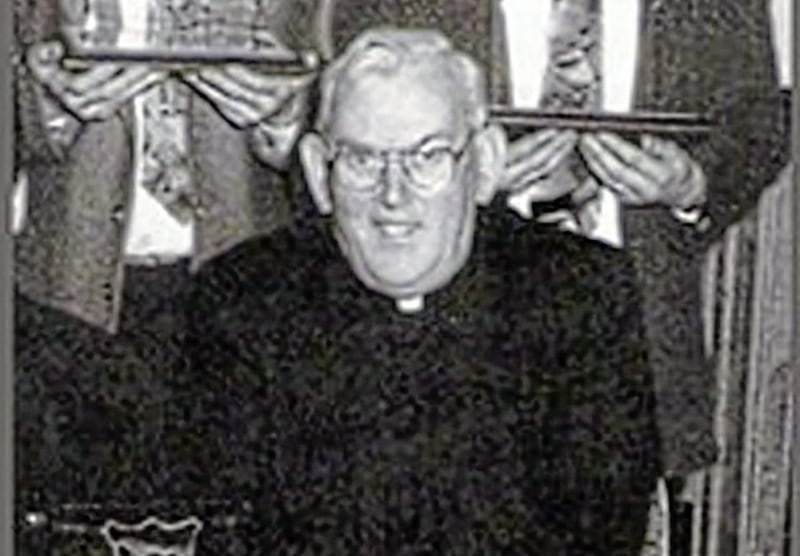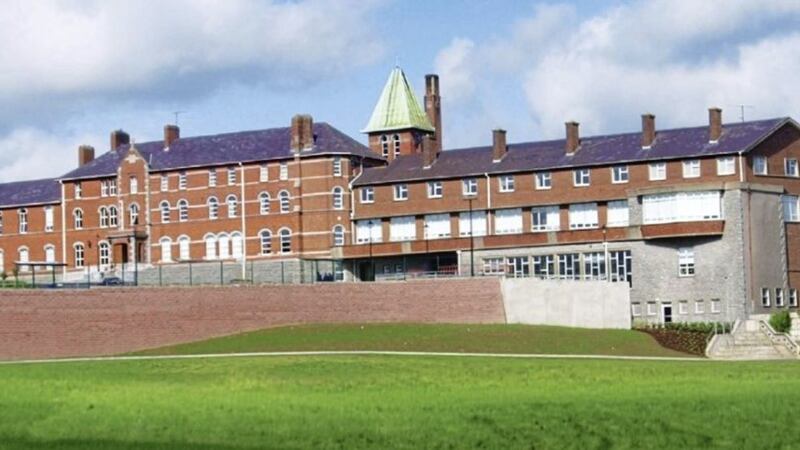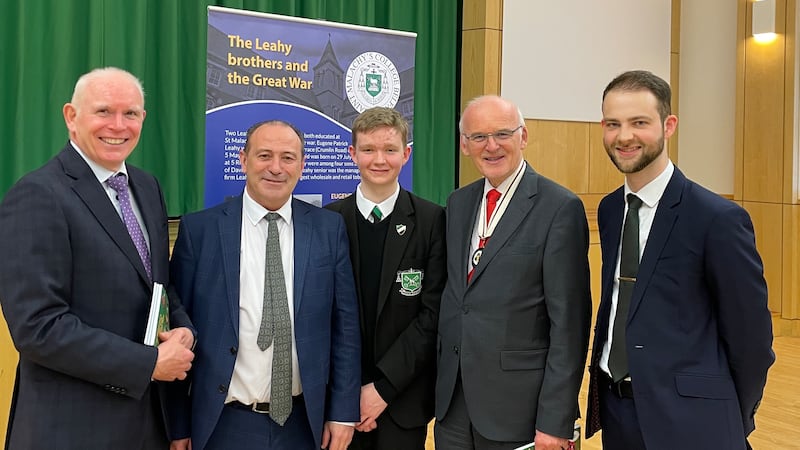A MAN who was abused by paedophile priest Malachy Finegan has branded a redress scheme in the Dromore diocese as "cynicism of the highest order".
Paul Gilmore, who is taking a civil case against the Catholic diocese, said he will not take part in the proposed scheme, announced by Archbishop Eamon Martin, the apostolic administrator in the diocese, yesterday.
In a statement of apology, the diocese said it is "committed to doing what it can to help bring healing to the survivors of clerical sexual abuse and to all those affected by these egregious crimes".
However, Mr Gilmore said the scheme "is a cynical exercise in damage limitation".
"They're concerned about their exposure in the wider civil justice system.
"This is an attempt to limit that exposure in my view."

Finegan, who died in 2002, sexually abused at least a dozen boys and physically abused many more during his career at St Colman's College in Newry between 1967 and 1987.
He went on to carry out further serious sexual abuse while he was parish priest in Hilltown in the late 1980s and early 1990s.
Finegan's bishop, Francis Brooks, who died in 2010, was informed of the abuse but sent the priest to England for 'treatment' in 1994 instead of reporting him to the RUC.
Mr Gilmore questioned the proposed £80,000 cap on redress payments - lower than several settlements awarded to some of Finegan's victims.
And he queried why only £2.5 million had been set aside for the scheme, given the wealth of the Catholic Church.
"The diocese is part of a much wider organisation. The attempt by the diocese to cry poor mouth doesn't stand up," he said.
"This only makes any sense if you regard them (the diocese and the Church) as separate entities which clearly they're not.
"A £2.5 million limit from Dromore? The Catholic Church has a lot more money than that. It's cynicism of the highest order."
Mr Gilmore added: "This is part of the usual methodology of the church to sweep it under the carpet."
Dermot Nagle, another of Finegan's victims, is also taking a civil case against the diocese.
"I didn’t take my case to get compensation," he said.
"I wanted the truth to be exposed, the full truth of what the Church knew and when," he said.
"I don’t believe that claims for abuse by a priest on a little boy should be limited or capped and I’m concerned that this is another attempt by the Church to close down this scandal in an economic way without any disclosure, without any admission of liability and without having to answer our questions on how this was allowed to happen publicly."
Solicitor Claire McKeegan, of Phoenix Law, who represents the majority of Finegan's victims, said the redress scheme is a "piecemeal approach".
She said there should not be a compensation cap for survivors "of the most vile and humiliating and degrading crimes by a trusted member of the clergy".
“The settlements that we have had in these cases have been well into six figures," she said.
"We had the highest-ever settlement in an abuse case in Northern Ireland (awarded to a victim of Finegan).
“Any attempt to minimise the level of redress for survivors is always going to be a cause for concern and I would have to look very hard at the detail, which we haven’t been given at this juncture."
She said Finegan had left many of his victims “broken individuals who are unable, in most cases, to progress with life opportunities”.
Ms McKeegan said the redress scheme “will not give people their day in court with full access to disclosure”.
“Survivors and victims are entitled to know (the details of their cases) and receive apologies and admissions of liability, none of which a redress scheme can fulfil," she said.
She said she believed that clerical abuse survivors across the north need a full statutory probe.
"What the Church should be calling for is an independent statutory inquiry."







